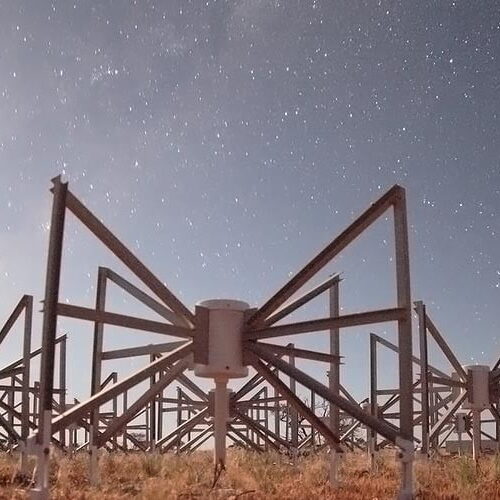Current Vacancies
| POSITION | REF | LOCATION | CLOSES |
|---|---|---|---|
At ICRAR, we are committed to a diverse workforce
ICRAR is a great place to work, and we encourage you to apply for any vacancy that you are suitably qualified for. ICRAR is committed to creating a working environment and culture that is inclusive and provides equal opportunities, irrespective of race, gender, age, sexual orientation, culture and origin. We celebrate inclusion and diversity and believe gender equity is fundamental to an excellent workplace. We appreciate the experiences, skills and perspectives of all individuals and harness a collaborative environment. We actively encourage applications from people from diverse backgrounds, and we encourage flexible working hours in consultation with management.
For more information on the benefits of employment at ICRAR with either Curtin University or The University of Western Australia, you can visit the Curtin or UWA employment websites.
For jobs with the SKA Organisation, please head to the SKA Organisation recruitment website.


